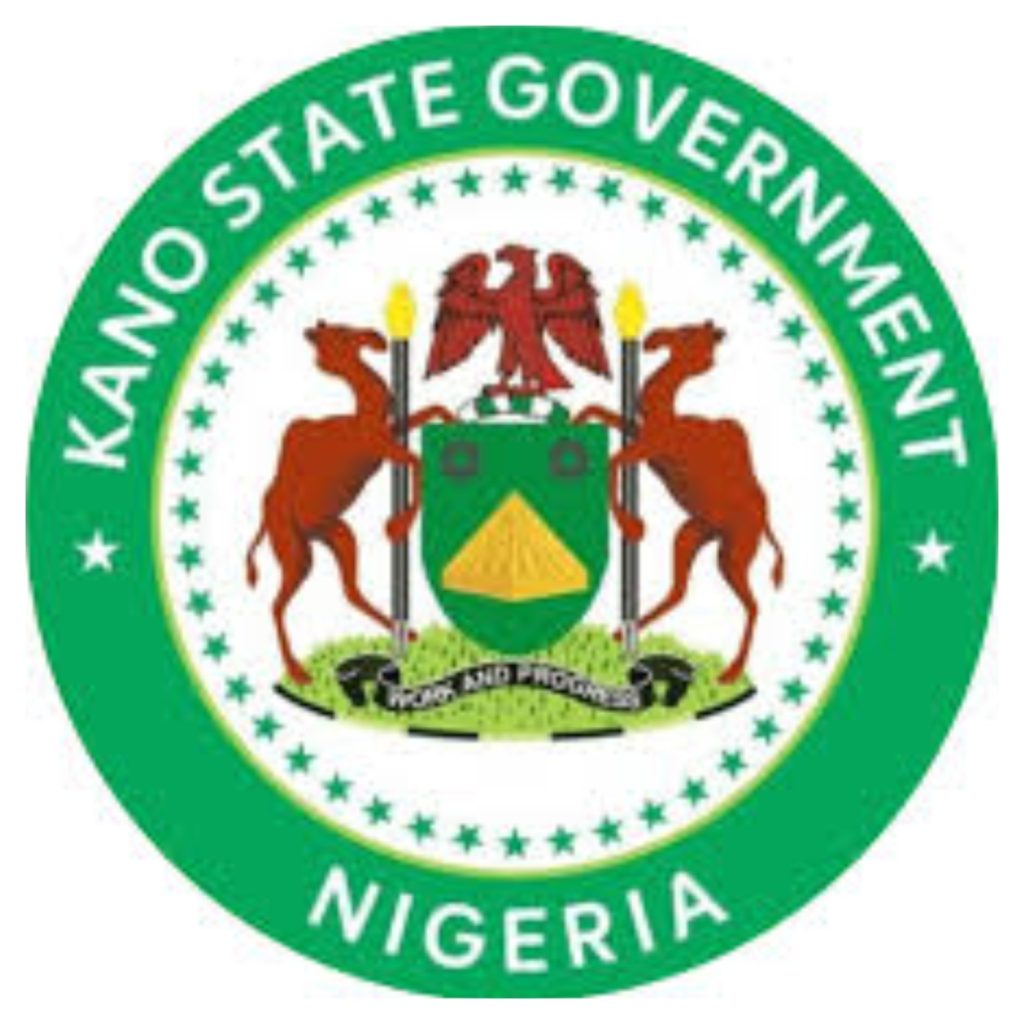Nigeria’s federal government has announced a major crackdown on inactive mining licenses while outlining ambitious plans to revitalize its steel industry as part of broader economic reforms. At the inaugural National Steel Summit in Abuja, Minister of Solid Minerals Development Dele Alake revealed plans to revoke an additional 1,000 dormant mining permits, following the cancellation of 900 licenses earlier this year. He criticized holders of inactive licenses as “speculators” misusing resources meant for national development, declaring the sector “no longer a playground for opportunists” but a catalyst for industrialization.
Alake emphasized aligning mineral policy with steel production to position Nigeria as West Africa’s steel hub under President Bola Tinubu’s administration. Central to this strategy is ending the export of raw materials in favor of domestic processing to generate jobs and technological advancement. “Our mineral policies must feed directly into steel production capacity,” he stated, underscoring coordination between mining reforms and steel sector growth.
The summit’s theme, focused on rebuilding Nigeria’s steel industry through collaboration, drew parallel commitments from other senior officials. Minister of Steel Development Shuaibu Audu highlighted steel’s role as the “backbone” of critical sectors like construction and telecommunications, lamenting Nigeria’s untapped potential despite abundant raw materials. He stressed that operational steel plants are vital to transforming resources into industrial capacity, job creation, and economic diversification.
Minister of Industry, Trade, and Investment Doris Uzoka-Anite outlined plans to attract investment through special economic zones and infrastructure upgrades, aiming to integrate Nigeria into global steel value chains. “We’re committed to reforms making Nigeria a competitive destination for steel investment,” she said, noting efforts to prioritize local processing and value addition.
The summit’s outcomes are expected to address policy gaps, foster public-private partnerships, and chart a roadmap for sustainable growth. With over 2 billion metric tons of iron ore reserves and significant deposits of coal and limestone, Nigeria seeks to shift from importing finished steel products—a $4 billion annual expense—to domestic production. However, challenges such as outdated infrastructure, funding gaps, and regulatory hurdles remain critical barriers.
The sweeping license revocations signal Nigeria’s resolve to curb resource hoarding and compel active development of its mineral wealth, which includes gold, lithium, and zinc. Officials framed the moves as foundational steps toward reducing import dependency, curbing unemployment, and leveraging Africa’s largest economy for continental industrial leadership. As global demand for critical minerals rises, Nigeria aims to position itself not merely as a supplier but as a processor capable of feeding regional and international markets.



